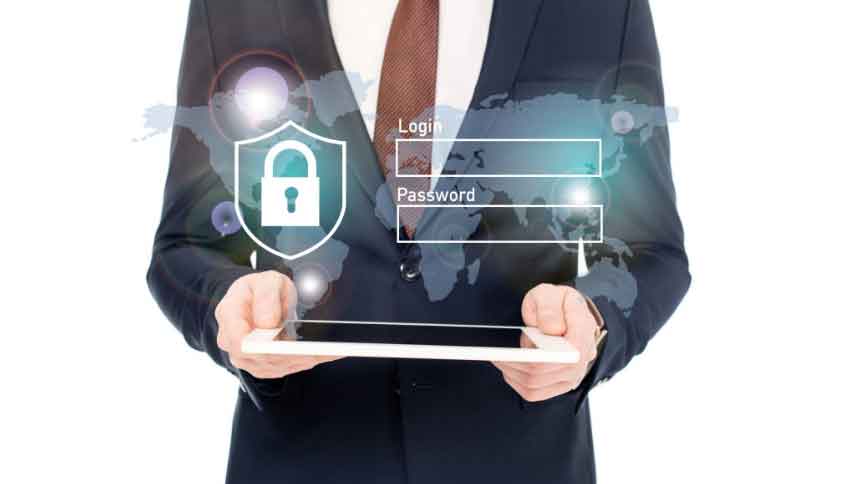Show:
Business Computing: How to Keep your Files Secure
Large and small companies across the world have sometimes found themselves victims to cybercrimes. Hackers can get into a company’s network, extract sensitive data and customer information, and even remove all the data. Protecting a business’ data is thus one of the most important tasks for a company and their IT personnel. It is not only about preventing cyber crimes, but also about keeping data safe at all times, even in the case of system shutdown. This article will introduce several ways in which a business can keep their files and data secure.

1. Encrypt your Data Transmission
The first effective layer of security for your data that you should implement is encryption via a VPN. The experts who made this useful guide explain that a VPN is a virtual private network that provides a safer connection to the internet and other networks for your computer by encrypting data at the sending end, and then decrypting it at the receiving end. Your network addresses are also encrypted by VPN, thus making it more secure and safe to transmit data.
Many large enterprises are now using VPN to allow remote employees to connect safely to the company’s network and software applications. All the user needs to do is to first be authorized to use the private network, and then they can use password and security tokens to log in from anywhere in the world.
2. Regularly Backup your Files
A virus or system damage can wipe out your computer data in no time. For a business, it is critical to regularly back up your files because not all computers can restore data, and there are always certain data files that cannot be restored at all once deleted.
You can use external hard drives to store backup copies of your most important files. Users can save data directly on the external hard drives instead of their computer’s drive by changing the storage location settings.
Another good option is to back up your files on Cloud. This is becoming more popular nowadays given the ease and efficiency of Cloud storage. Users can access data from anywhere in the world as long as they have an internet connection.

Users can also sync data from their computer automatically to Cloud in real time, thus no data is lost or forgotten. When storing files on Cloud, you should make sure you are using a secure address that has “https”; and it is also important to note that you should choose a good Cloud storage provider to ensure high network security and adequate physical infrastructure.
3. Protect against Viruses and Malware
You will not be able to keep your data secure if your computers and network are not protected against virus and malware. There are various measures you can apply:
Activate a Firewall
A firewall is the first line of defense and should never be turned off when you are connected to other networks or the internet. Malicious software can damage all your data and even worse, can permanently erase it. Once you have a firewall installed, it is necessary to regularly run a scan to ensure your computer and network are free of virus and malware.
Patching
Hackers often exploit vulnerable areas in your computer or network, such as bugs from old and outdated software installed previously installed. Hence, it’s important to ensure that all your software is kept up to date with the latest developments.
Your business’ IT provider should perform patching and updates as soon as they are released, or you can turn on Automatic Updates for all your software.
Anti-Spam Software
Anti-spam software and pop-up blockers help protect your employees from fraudulent emails or pop-up, that can take them to fake websites once they click on a link.
4. Safeguard Passwords
Long and complex passwords can be hard to remember, but they are one strong layer of security that you can add to protect your computers and data. The more complex a password is, the stronger the protection it provides. A password is considered strong when it has more than 8 characters that are made up of letters (both capitalized and non-capitalized), numbers and symbols.

Businesses can also make it an IT policy that employees have to change their password after a certain period of time or risk not having access to the system. This will help ensure that passwords are changed regularly to prevent any hacking effort from breaking into the system.
These are some of the key measures a business can take to keep their files secure. The more protection you provide, the safer your system and data will be. In the digital world, there is no telling what can happen tomorrow; so it is always better to be safe than sorry.

 Return to Previous Page
Return to Previous Page








